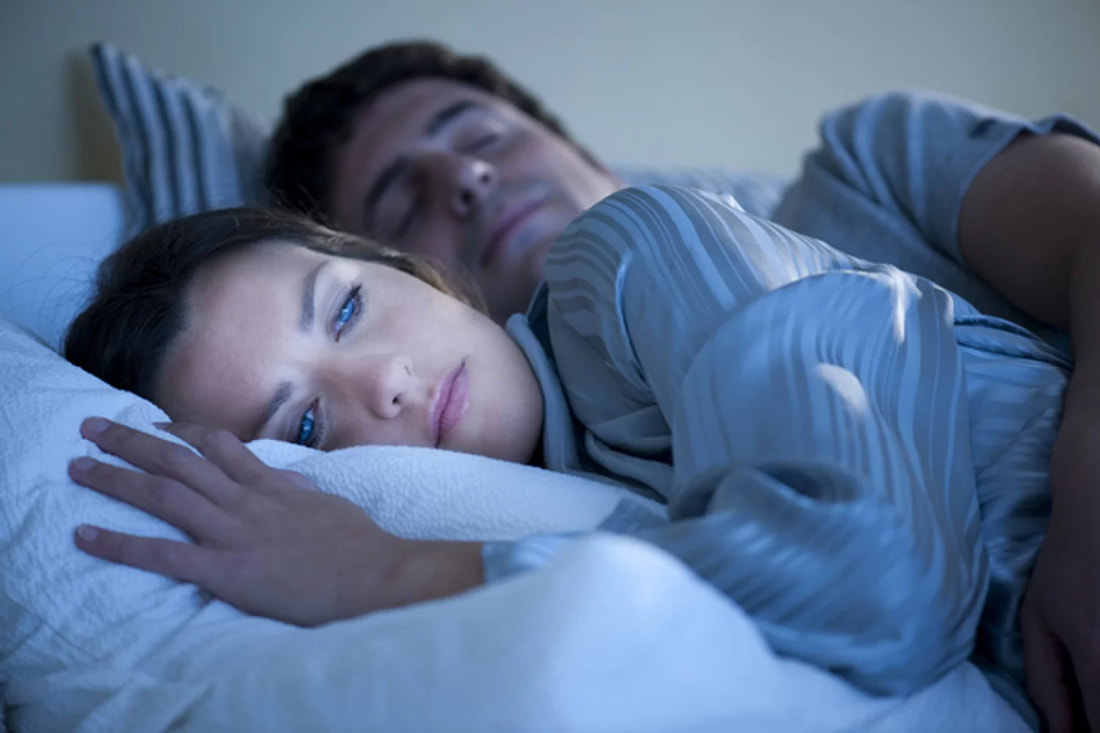|
Insomnia and sleep disorders are on the rise in our fast-paced, high stress culture. Yet many people are wary of the side effects and addictive nature of sleep medications. This is one reason that acupuncture is increasingly being recommended by doctors and psychologists as a natural treatment option for insomnia. Numerous empirical studies conducted over the past decade have concluded that acupuncture is a safe, effective treatment for sleep disorders. Insomnia in Traditional Chinese MedicineIn Traditional Chinese Medicine, insomnia is understood to be the product of an imbalance in one or more functional systems in the body. Common reasons for imbalance include stress, an unhealthy diet, or an imbalanced lifestyle. A trained and licensed acupuncturist will determine which systems are involved for each patient, and develop an individualized treatment accordingly. This unique differentiated diagnosis and individualized treatment plan is one reason that acupuncture is so effective in treating insomnia. Acupuncture is proven effectiveIn 2013, researchers in Beijing conducted a randomized controlled trial on 180 patients with primary insomnia. Acupuncture was found to be more effective at increasing both sleep quality and daytime functioning than either sham acupuncture or the pharmaceutical estazolam. Another study conducted in Canada in 2004 researched the effectiveness of acupuncture on patients with concurrent insomnia and anxiety. Acupuncture was found to be effective for these patients as well. Another interesting result of this particular study was that acupuncture increases the secretion of endogenous melatonin, a hormone which helps control sleep and wake cycles. In 2009, a systematic review of 46 high-quality randomized controlled trials was completed involving a total 3,811 patients. Researchers concluded that acupuncture is effective for treating insomnia. In some studies included in the review, acupuncture was found to be more effective than pharmaceutical medications. In others, it was found that a combination of sleep medication and acupuncture was the most effective option. These studies and more can be found in the Resources and Related Links section at the bottom of this page. The biological mechanism of acupuncturePhysiologically, insomnia involves improper arousal patterns in the central and autonomic nervous systems. Research has shown that acupuncture works by interacting with the peripheral nervous system, which in turn sends messages to the central and autonomic nervous systems, yielding changes. In the case of insonmnia treatment, these changes involve a variety of neural and hormonal mechanisms that are relevant in the modulation of sleep and wakefulness. If you're interested in learning the details of these mechanisms through specific studies, these can also be found in the Resources and Related Links section below. For more basic information on how acupuncture works, see our page on How Acupuncture Works. Learn moreIf you're interested in learning more about acupuncture, we recommend reading About Acupuncture. To learn more about the Wisdom Traditions Acupuncture clinic, read About Us or Our Philosophy. If you're curious about the difference between Western and Eastern Medicine, take a look at our section About Eastern Medicine. If you have any additional questions, feel free to Contact Us or Schedule an Appointment Online. Resources & Related Links
3 Comments
8/4/2021 02:41:42 am
Thank for sharing this very useful and helpful article. I also wanna share about the experience from Genuine Haarlem Oil products very effective for respiratory problem as your partner everyday. They offer good quality products and services for human and animals.
Reply
9/13/2021 10:15:39 pm
Hi. Thank you for sharing this very informative and useful article.
Reply
Leave a Reply. |
AuthorMarni Adhikari, M.Ac, L.Ac, Dipl.Ac, is the founder and acupuncturist at Wisdom Traditions Acupuncture of Essex Junction, VT Learn MoreQuestions? |


 RSS Feed
RSS Feed
